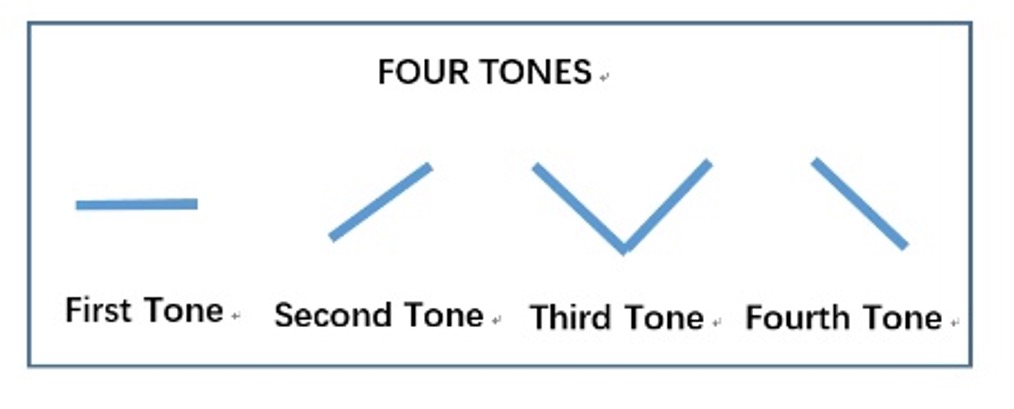Anyway, in this story, a gentleman named Buzi (卜子 – bǔ zi) asks his wife (卜妻 – bǔ qī) to make him a new pair of pants (裤子 – kù zi), but he doesn’t give her very clear instructions.
Some language stuff
First, a note on the use of 为 in the title 《卜妻为裤》. 为 has so many meanings in Chinese, in this case the definition used is “to make”.
A couple key words that will inform your understanding of the story:
讲究 jiǎng jiu – You may have learned this one already, but if you don’t know it, it’s crucial to understanding the plot. 讲究 means to be meticulous or fastidious about something. The phrased used here is 不讲究穿着 – “to not be fastidious about what one is wearing”.
破烂 pò làn – This means ragged, ripped or torn. 破, by itself, usually means “broken”, in this story, it is used to mean “tattered”.
照 zhào – We usually first learn this character in the word 照片, “photograph”, and 照 is also present in a lot of words that have to do with light, like 照亮 zhào liàng, to illuminate or shine upon. But that is not the definition of 照 being used here. In this case, 照 is short for 按照 àn zhào, to be based on, or 仿照 fǎng zhào, to imitate or follow.
Want something easier?
Du Chinese has a big catalog of easy HSK 1 and HSK 2 texts for ultra-beginners. There are quite a few free practice lessons, but CRP readers get 10% off on paid accounts using the discount code CRP10.
《卜妻为裤》
从前,住着一个名叫卜子的人。
他平时很不讲究穿着,经常是穿着一身破烂的衣服就出去了。
有一天,他还是和平时一样穿着一条又脏又破的裤子出去了,走到街上,很多人都在看他的破裤子,他自己觉得很难堪,就买一块布头,回到家叫妻子给他做一条新裤子。
卜妻量量尺寸,问他:“这条裤子做成什么式样啊?”
卜子随口回答:“照老样子做吧!”
妻子以为丈夫喜欢那种又脏又破衣服的款式,就想:他是不是觉得穿这种裤子很舒服,而且这一条裤子不够穿,所以叫我再做一条?
卜妻就认认真真地仿照老裤子的模样,这里戳几个破洞,那里抹一摊油,弄得皱皱巴巴、破破烂烂的。花费了不少工夫,总算完成了。
她把裤子放到卜子面前,得意地说:“满意吧?同老裤子一样的样式。”
说话一定要说清楚,尤其是大事情。




